Spotlight: Latin America and the Caribbean – Ten questions for 2022
The year 2022 will be one of change across the Western Hemisphere. So, what might or might not be on the horizon?

The year 2022 will be one of change across the Western Hemisphere. From presidential elections in Brazil and Colombia to newly elected presidents taking office in Chile and Honduras, regional leaders will be looking at new ways to rebuild economies from the COVID-19 pandemic while balancing mounting social pressures. So, what might or might not be on the horizon in 2022?
Join the Adrienne Arsht Latin America Center as we look at some of the key questions that may shape the year ahead for Latin America and the Caribbean, then take our signature annual poll and see how your opinions shape up against our predictions.
How might key presidential elections shake out? Will regional economies recover to pre-pandemic growth rates? What might be the outcome of the US-hosted Summit of the Americas, and will Caribbean voices play a larger role than in previous gatherings? Will the region expand its ties with China?
Take our ten-question poll in less than five minutes!
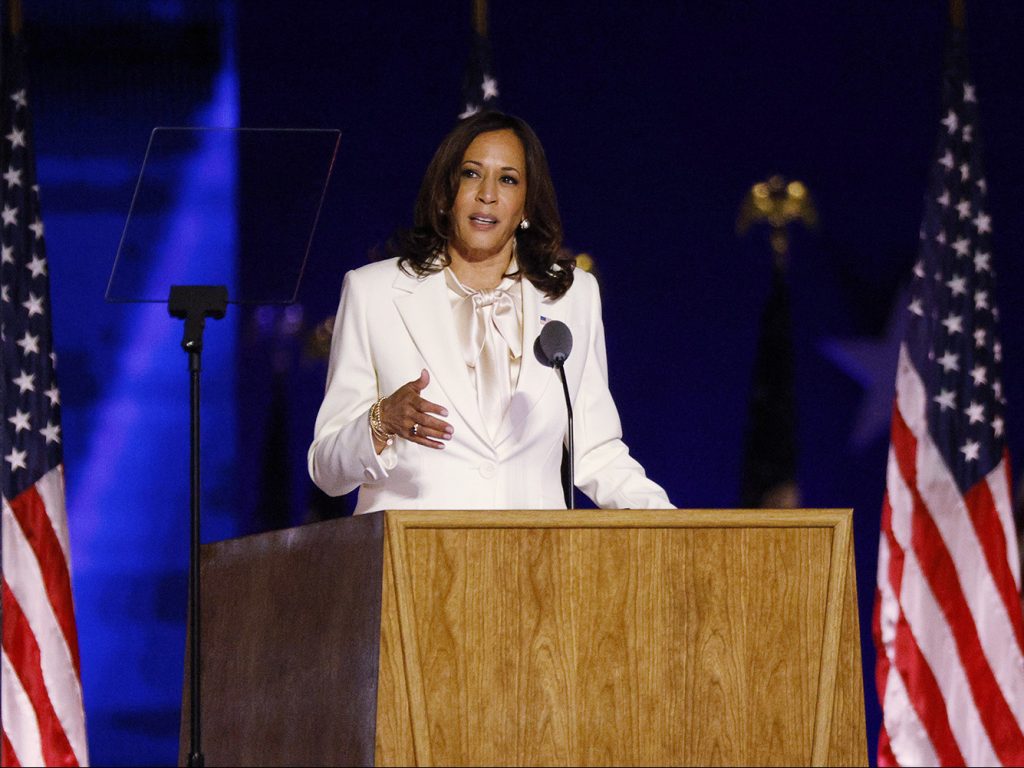
Question #1: Caribbean – Will Vice President Kamala Harris make her first trip to the Caribbean in 2022?
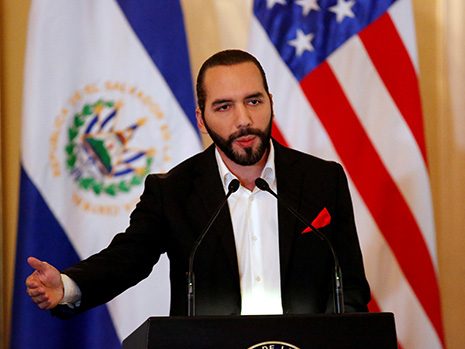
Question #2: Central America – Will the United States have confirmed ambassadors in all three northern Central American countries (currently only Guatemala) by year-end 2022?
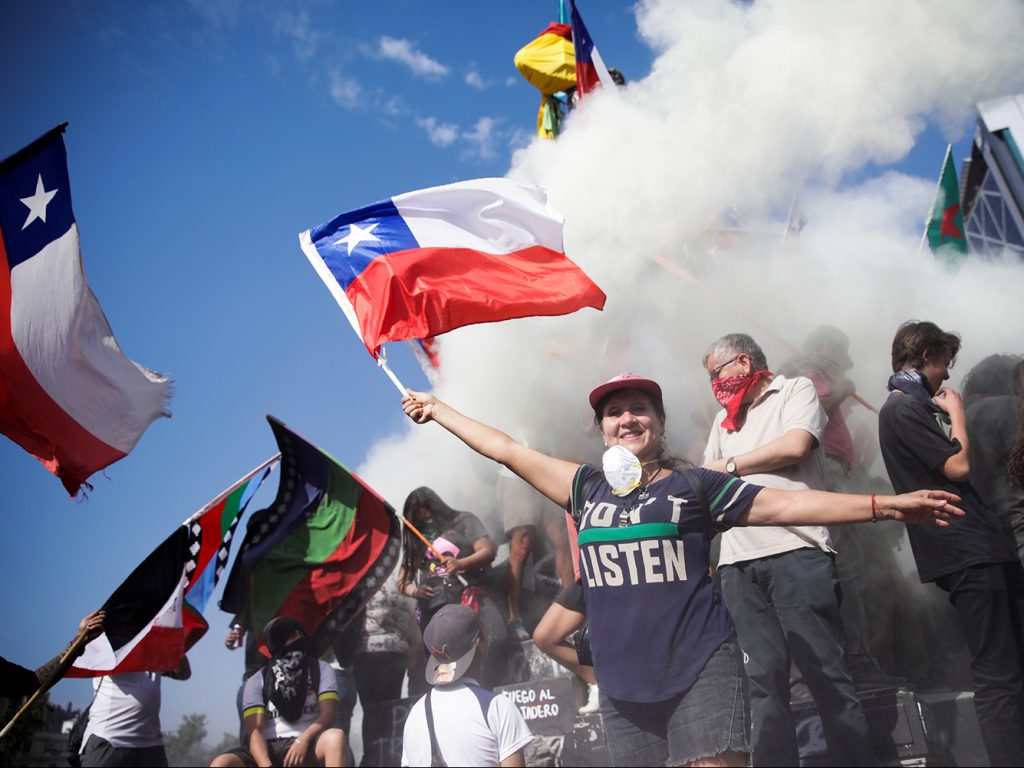
Question #3: Chile – Will the new Chilean constitution be approved when put to a referendum?
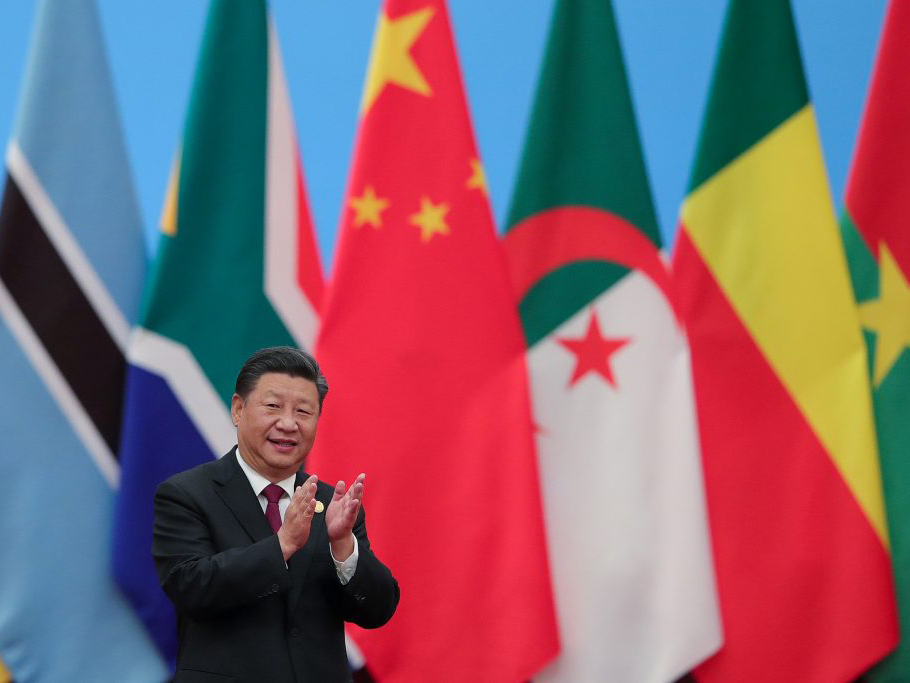
Question #4: China and Latin America – Considering Nicaragua’s newly established China ties, will the three other Central American countries that currently recognize Taiwan—Belize, Guatemala, and Honduras—also switch recognition to China?
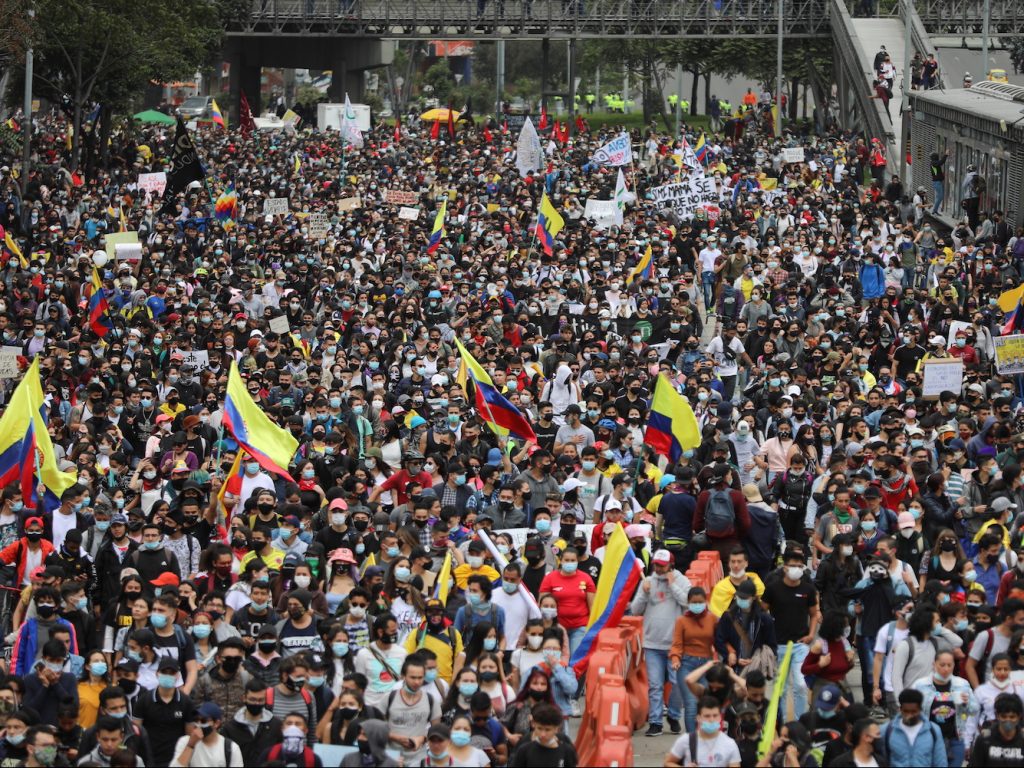
Question #5: Colombia – Will Colombia’s presidential election go to a second round?
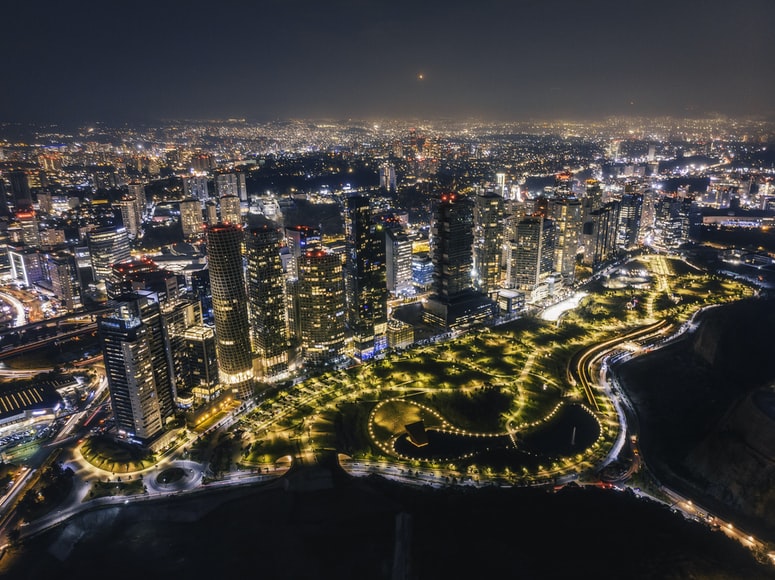
Question 6: Economy – Can the region recover pre-pandemic growth rates in 2022?
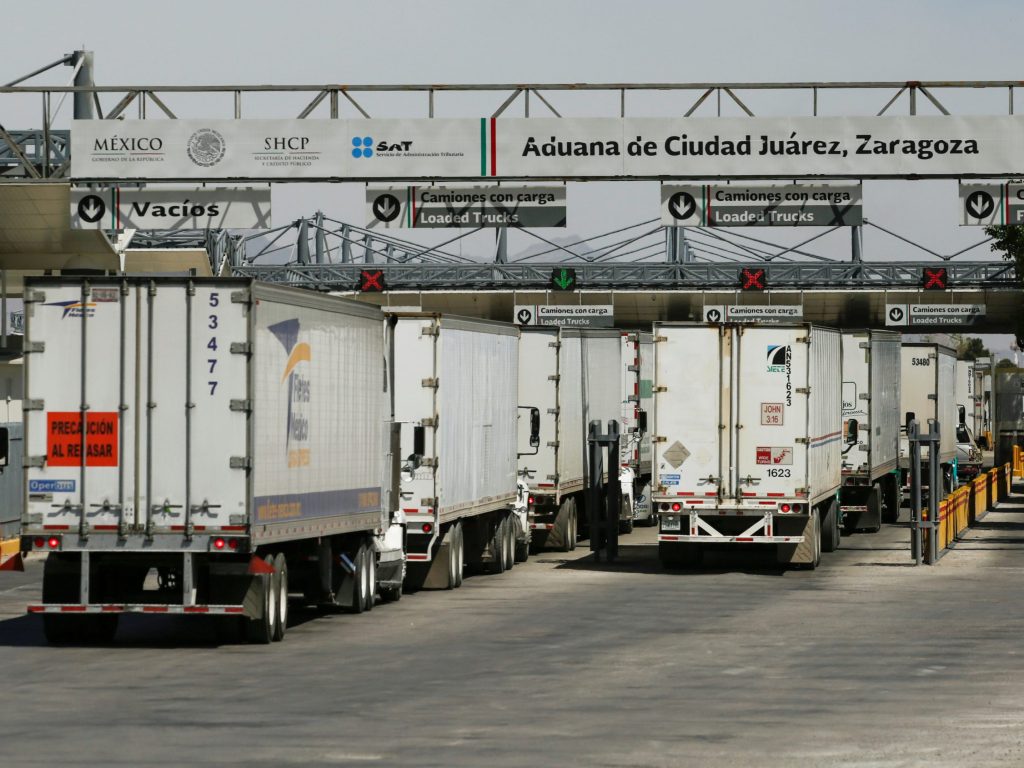
Question #7: Mexico – Will Mexico remain the United States’ top trading partner throughout the next year?
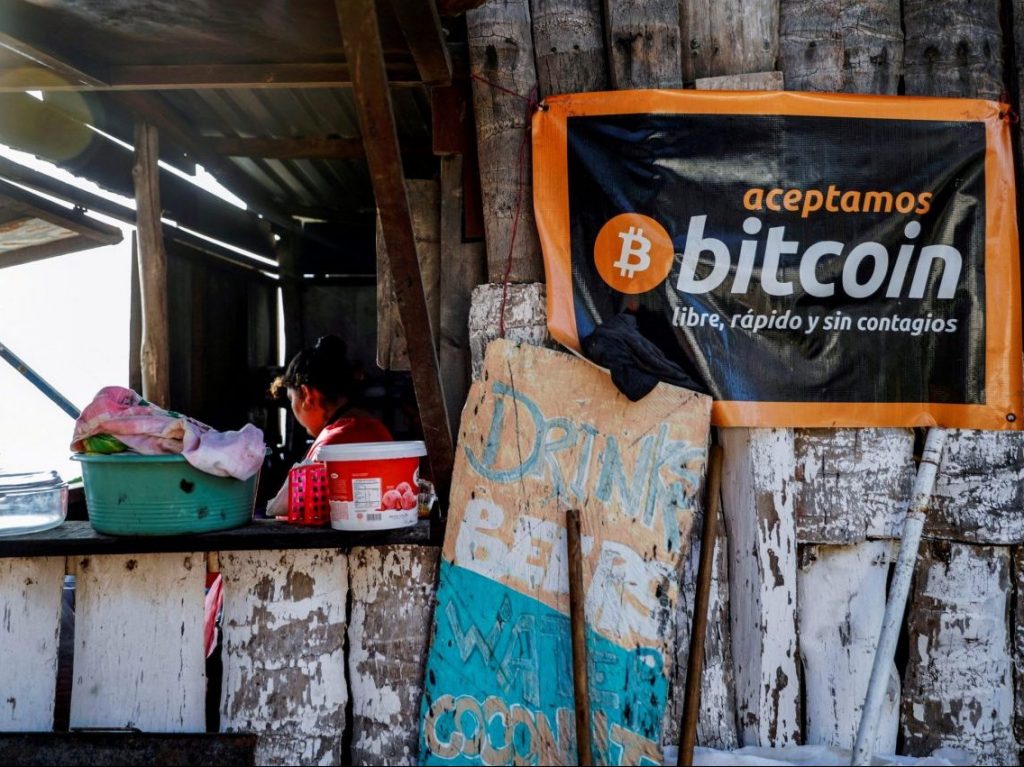
Question #8: Bitcoin – Following in El Salvador’s footsteps, will support for Bitcoin tender grow in the region?
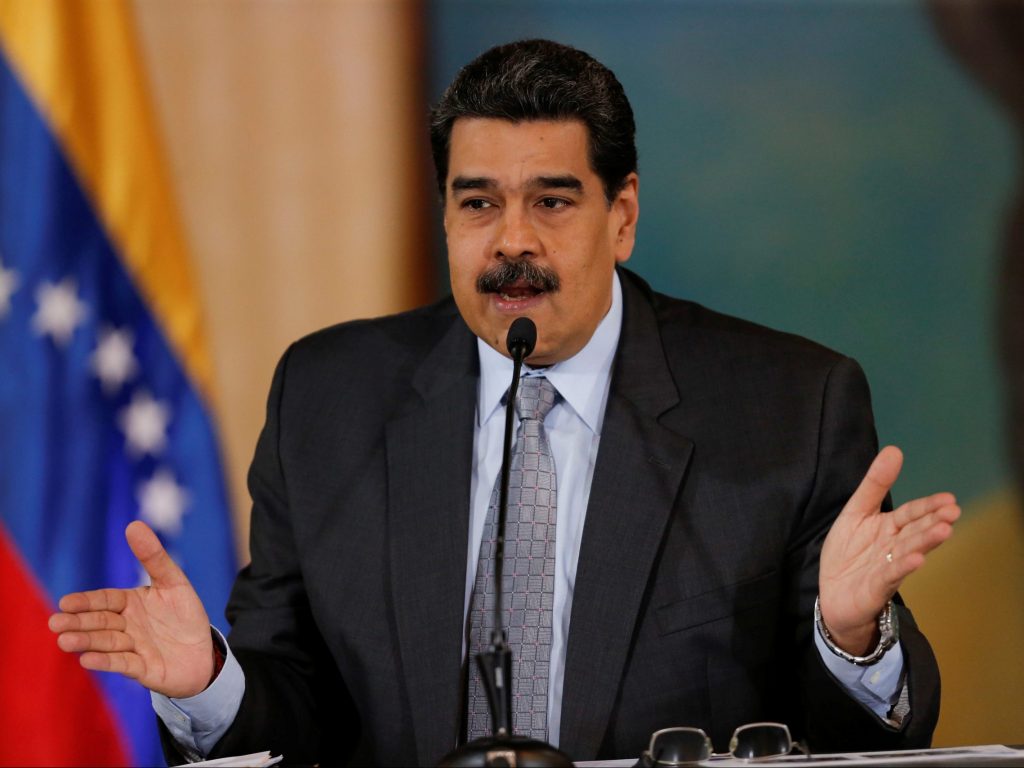
Question #9: Venezuela – Will Nicolas Maduro return to the negotiating table in Mexico City?
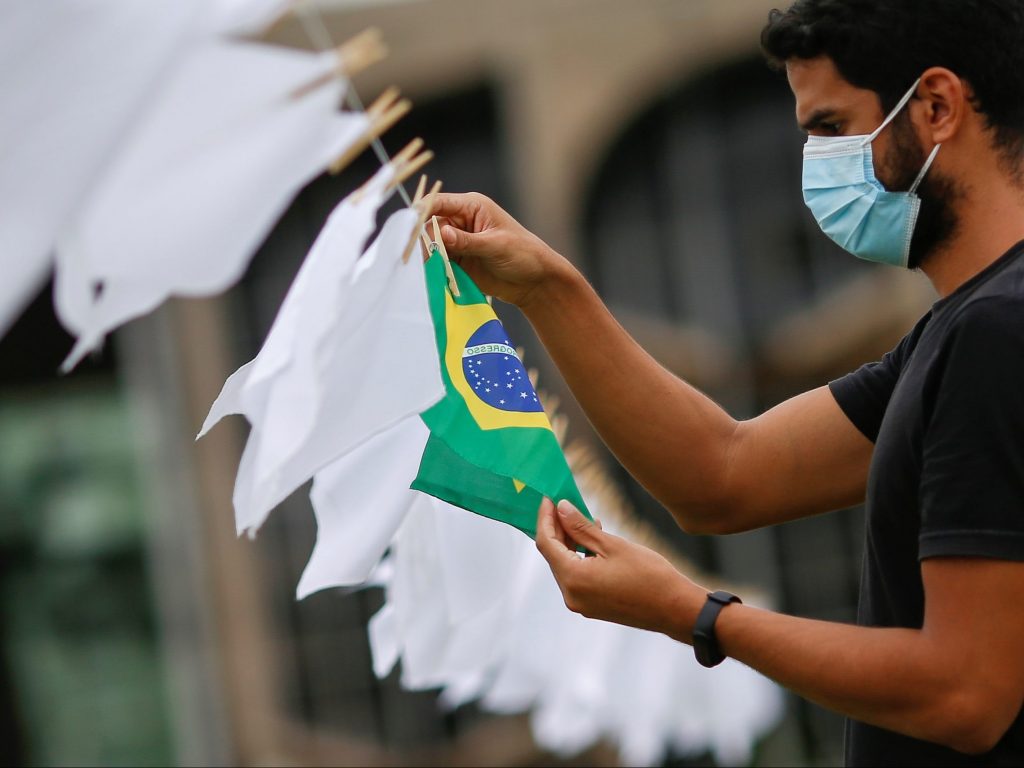
Question #10: Brazil – Will President Jair Bolsonaro win another term this year?

Bonus Question: Will Latin America and the Caribbean be represented in the final of the World Cup?
Our answer to question #1: YES
In 2022, the Biden-Harris administration will look for big wins and opportunities to expand its leadership in the Americas. This is achievable in the Caribbean with a high-profile visit, which would optimally be accompanied by a major policy announcement from Vice President Harris. President Joe Biden was the last vice president to visit the region, where he focused his time discussing the Caribbean Energy Security Initiative.
The stage is set for a similar visit to occur with Vice President Harris. Economic recovery is slow, vaccine hesitancy is increasing, and other actors, such as China, are playing a more active role in the Caribbean. Regional leaders often note that US attention is inconsistent, and that few high-profile US officials travel to the Caribbean. A visit and subsequent policy announcement that aids the Caribbean in its time of need would build on recent conversations between the Vice President and Prime Minister of Trinidad and Tobago Keith Rowley (virtual) and Prime Minister of Barbados Mia Mottley (in person).
Our answer to question #2: NO
Given President Nayib Bukele’s recent personal attacks against President Biden and other US government officials, including Ambassador Jean Manes and current Charge d’Affaires Brendan O’Brien, it is unlikely that the United States will confirm all ambassadors to the Northern Triangle countries. President Bukele’s attacks were a response to the Biden administration’s decision to add Osiris Luna Meza, the chief of the Salvadoran penal system and vice minister of justice and public security, and Carlos Marroquin, chairman of the Social Fabric Reconstruction Unit, to the Specially Designated Citizens and Blocked Persons List. Both Salvadoran officials are accused of having a direct relationship with gangs, including MS-13. In Honduras, however, a new administration under President-elect Xiomara Castro provides a renewed sense of cooperation between the United States and the Central American country.
Our answer to question #3: YES
Once the constitutional draft is finalized by summer 2022, the Constitutional Convention will vote to approve or reject the new legal charter. If the body rejects the new constitution, Chile will keep its current one. However, if it is approved, the group will present the document to the newly elected head of state, who, in turn, will issue a call for a national referendum in which Chileans will vote to approve or reject the new constitution. Voting will be mandatory, and the new constitution will move forward only if an absolute majority is achieved.
While 78.3 percent of voters cast their ballot in favor of a new constitution in 2020, rising polarization and inefficiencies within the Constitutional Convention have left thousands of Chileans disenchanted with the reform process. However, the desire for fundamental changes remains high. If the new legal charter is approved by Chilean voters, it will be put into effect shortly after the vote through a formal ceremony. However, if Chile votes to reject, the 1980 Constitution written under Augusto Pinochet will remain in place. With just one opportunity to get the new constitution approved, the convention will attempt to generate a moderate bill that will stimulate consensus among the political left and right.
Our answer to question #4: NO
It is unlikely that all three of Taiwan’s Central American allies will switch recognition to China in 2022. But, considerations of international benefits, domestic political agency, or both may prompt a change in at least one of the countries. Internationally, US COVID-19 vaccine donations far outstripped those of China, sending a reassuring message to Taiwanese allies in the region.
But, Chinese vaccine diplomacy—including early, well-publicized vaccine sales and shipments—and broader medical, humanitarian, and economic assistance could still prove alluring for countries in need. Despite running with a pro-China message, Honduran President-elect Xiomara Castro recently declined to switch diplomatic recognition from Taiwan to China. Absent any external shocks, Belize, Guatemala, and Honduras will likely attempt to maintain the status quo for as long as possible, favoring Taiwan while leaving the door open for closer ties with China. This delicate balancing act has served to remind larger countries not to take their allegiances for granted and will continue to do so. But, it will be increasingly tested, as seen with Nicaragua, in the critical and uncertain year ahead.
Our answer to question #5: YES
There has yet to be an election in Colombia’s history in which a president is elected in the first round. Senator Gustavo Petro, who served as mayor of Bogotá (2012–2014), leads the left-wing political party Colombia Humana, and was the runner-up in the 2018 presidential election against incumbent President Ivan Duque. With nearly 42 percent of the vote, Petro has positioned himself as the candidate with the greatest support from Colombian voters.
However, Petro currently polls at 25.4 percent, which is not enough for an absolute majority that will grant him the presidency in the first round. Petro will most likely go to a second-round vote against a center-right or center-left candidate, potentially former Mayor of Bucaramanga Rodolfo Hernández or former Governor of Antioquia Sergio Fajardo. To date, Hernández polls at 11 percent and Fajardo at 7 percent. As recommended by the Atlantic Council’s US-Colombia Task Force, co-chaired by Senators Roy Blunt and Ben Cardin, strengthening the alliance between Colombia and the United States ahead of 2022 presidential elections is paramount to safeguard Colombia’s gains in terms of development, rule of law, and democracy. Regardless of election results, the United States should continue to position itself as Colombia’s strongest ally, advancing stability and prosperity at home and abroad.
Our answer to question #6: YES
Led by its five major economies, regional gross domestic product (GDP) is on track to return to pre-pandemic levels in 2022, though per-capita income will likely not recover until 2023. Key uncertainties may alter this outlook: the extent of success in vaccination and pandemic management, stimulus trade-off between continued support and fiscal discipline, labor markets (currently experiencing slower recovery than GDP), inflation, electoral outcomes, and external conditions including evolving investor appetite and commodity prices.
The region as a whole is not expected to return to pre-pandemic growth trajectories in the coming years, signaling permanent output losses due to COVID-19. In a divergent recovery, smaller and vulnerable states, such as those in the tourism-dependent Caribbean, are experiencing an even slower return to normal. Lastly, Latin America and the Caribbean (LAC) should set an ambitious agenda beyond “recovery”—given unimpressive pre-pandemic growth rates and patterns—and, rather, seek ways to accelerate development and build forward in a more inclusive, productive, and sustainable way.
Our answer to question #7: YES
It is likely that Mexico will remain the United States’ top trading partner throughout 2022. Mexico currently holds the top position—overtaking China in February 2021—with Canada in the second spot, lagging behind by $2.9 billion in total trade. COVID-19 significantly hindered US-Mexico trade—which largely relies on land trade via trucks and railcars—due to the pandemic-induced land-border closures to “non-essential” traffic. As of November 8, 2021, however, the United States reopened its borders to non-essential traffic and booming commerce is expected along the border. Moreover, US-Mexico trade topped $545 billion through October 2021 (the most recent data available), an increase of over 24 percent from one year earlier. Given the highly integrated nature of US-Mexico trade in the automotive and energy sectors, coupled with the efforts in border cities and ports to increase capacity and efficiency, trade is likely to continue to grow between the United States and Mexico.
Our answer to question #8: YES
Bitcoin presents an attractive option for countries in Latin America and the Caribbean, yet those countries will not replicate El Salvador’s approach. The government of El Salvador claimed that adopting Bitcoin would reduce financial exclusion and high remittance fees. These issues also affect the entire region. The World Bank predicted that remittances to Latin America and the Caribbean rose 21.6 percent in 2021, costing roughly $6.9 billion in remittance fees. According to the International Monetary Fund (IMF), financial inclusion in the region falls below global averages, and is exacerbated in the Caribbean due to the de-risking of correspondent banks. The worsening effects of climate change will also likely generate support for a decentralized virtual currency, as remittances typically increase following natural disasters, alongside decreased access to financial institutions.
Despite Bitcoin’s allure, its implementation in El Salvador has been marred by technological unreliability, weak financial regulations, and high price volatility. Politicians in Paraguay, Mexico, and Panama have already introduced legislation to regulate Bitcoin’s use as legal tender, and more will follow in 2022. As support for Bitcoin rises, so will debates on its social and environmental risks. Countries across the region will chart their own paths instead of following El Salvador’s playbook.
Our answer to question #9: YES
Although, the latest round of negotiations in Mexico has been suspended since October 2021, a combination of long-term incentives will likely propel Maduro to negotiate with the Venezuelan Unitary Platform—the umbrella organization encompassing the main political opposition parties in the country. Maduro seeks access to capital, legitimacy, guarantees against prosecution, and division within factions of domestic opponents—all of which he can accomplish through negotiations.
However, these factors are not the only ones at play in determining Maduro’s negotiation participation. After the highly visible diverging strategies within the opposition during the recent regional elections—and Julio Borges’ recent resignation and call for the interim government’s dissolution—Maduro might decide to simply wait out further erosion of opposition unity, instead of engaging with it directly. The success of such a strategy, if taken, would enhance the regime’s monopoly on power.
Our answer to question #10: Too early to call.
The odds are not in his favor, but it’s too early to say. Recent polls suggest that President Bolsonaro and former President Luiz Inacio Lula da Silva will face each other in a second round of elections, repeating the 2018 Bolsonaro versus Workers’ Party (PT) duel. However, this time around, former President Lula, as the PT candidate, is leading the way in early polling. Both candidates have a strong support base, but former President Lula’s history with corruption and President Bolsonaro’s mismanagement of the pandemic and current economic hurdles also give them significantly high rejection rates.
Third-way candidates, such as President Bolsonaro’s former minister of justice, Sergio Moro—famous for leading the Car Wash Operation that put President Lula in jail—is running on an anticorruption, center-right platform. Those Brazilians who in 2018 voted for President Bolsonaro as a “vote against corruption” might be more inclined to seek other alternatives. Current high inflation and unemployment rates might also play against President Bolsonaro’s reelection. Having said that, it will likely be a close race, and there is still a long way to go until elections in October 2022.
BONUS QUESTION ANSWER: YES
Brazil and Argentina are the only Latin American counties that have already qualified for the 2022 World Cup. In the Caribbean, Jamaica seems to be the only country with a chance of qualifying. While it is impossible to know who will be in the final (RIP Paul the Octopus), Brazil and Argentina are always strong contenders.